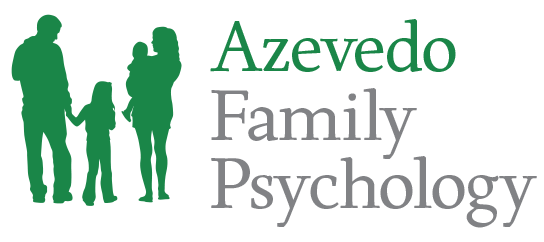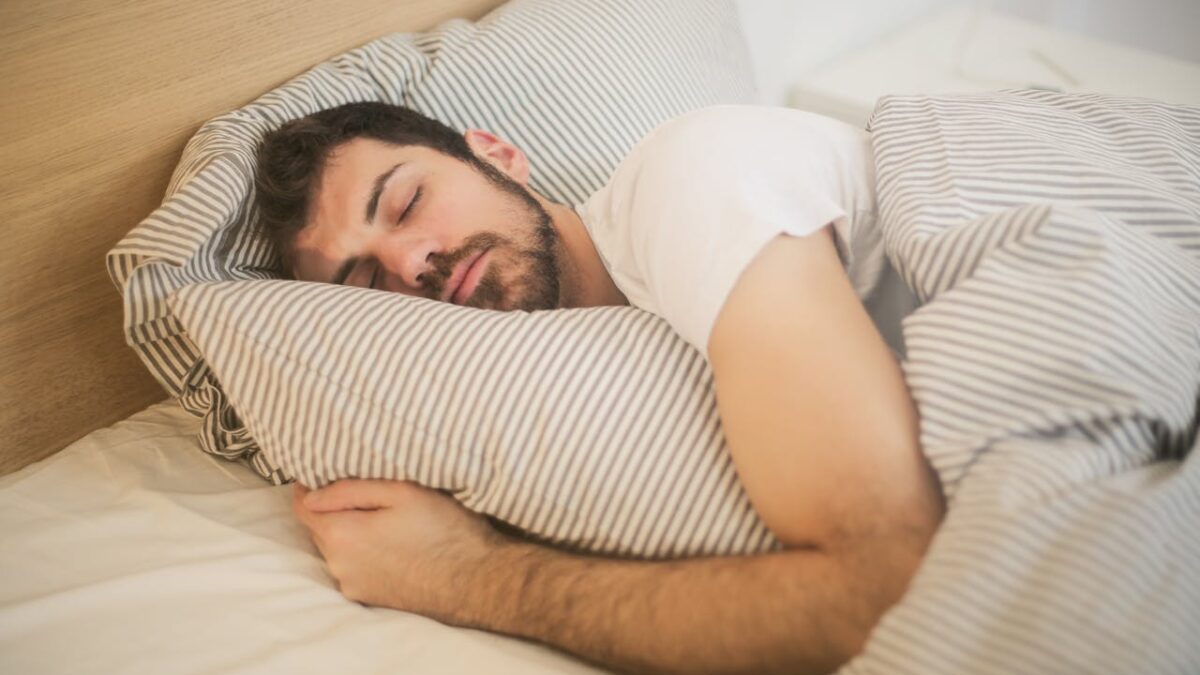
Letting Go of Toxic Friendships
May 3, 2024
Building Your Mental Health Toolkit
July 3, 2024Sleep is essential for overall health and well-being, yet many people struggle with getting enough quality rest. Insomnia and other sleep disturbances can have a significant impact on your physical and mental health. Fortunately, there are therapeutic techniques that can help improve sleep quality and ensure you wake up feeling refreshed and rejuvenated.
Cognitive Behavioral Therapy for Insomnia
CBT is a structured program that helps individuals identify and replace thoughts and behaviors that cause or worsen sleep problems. Unlike sleeping pills, CBT addresses the underlying causes of insomnia. The therapy typically involves:
- Sleep Restriction: Limiting the time spent in bed to the actual sleep time, then gradually increasing it as sleep efficiency improves.
- Stimulus Control: Strengthening the bed and bedroom as cues for sleep by going to bed only when sleepy and getting out of bed if unable to sleep within 20 minutes.
- Cognitive Restructuring: Challenging and changing unhelpful thoughts related to sleep, such as “I’ll never fall asleep.”
Relaxation Techniques
Relaxation techniques can reduce tension and anxiety, which often interfere with sleep. These techniques include:
- Progressive Muscle Relaxation (PMR): Involves tensing and then slowly relaxing each muscle group in the body, promoting physical relaxation.
- Deep Breathing Exercises: Focusing on slow, deep breaths can calm the mind and body, making it easier to fall asleep.
- Guided Imagery: Visualizing calming and peaceful scenes can help distract the mind from stress and induce sleep.
Mindfulness Meditation
Mindfulness meditation involves focusing on the present moment and accepting it without judgment. This practice can help reduce stress and anxiety, which are common barriers to good sleep. Regular mindfulness practice has been shown to improve sleep quality and duration.
- Body Scan Meditation: Focus on different parts of the body, noticing any sensations and allowing them to relax.
- Breath Awareness: Paying attention to the breath as it flows in and out, which can help center the mind and prepare it for sleep.
Sleep Hygiene Education
Good sleep hygiene involves creating a sleep-conducive environment and adopting behaviors that promote regular, restful sleep. Key elements include:
- Consistent Sleep Schedule: Going to bed and waking up at the same time every day helps regulate your body’s internal clock.
- Sleep Environment: Ensure your bedroom is dark, quiet, and cool. Consider using blackout curtains, earplugs, or white noise machines if needed.
- Limit Stimulants: Avoid caffeine, nicotine, and heavy meals close to bedtime as they can interfere with sleep.
Discover How Therapy Can Help Your Sleep
If you continue to experience sleep difficulties, a therapist can provide personalized guidance and support. Remember, better sleep leads to better health and a more vibrant life. Start incorporating these techniques today for a restful and restorative night’s sleep.




